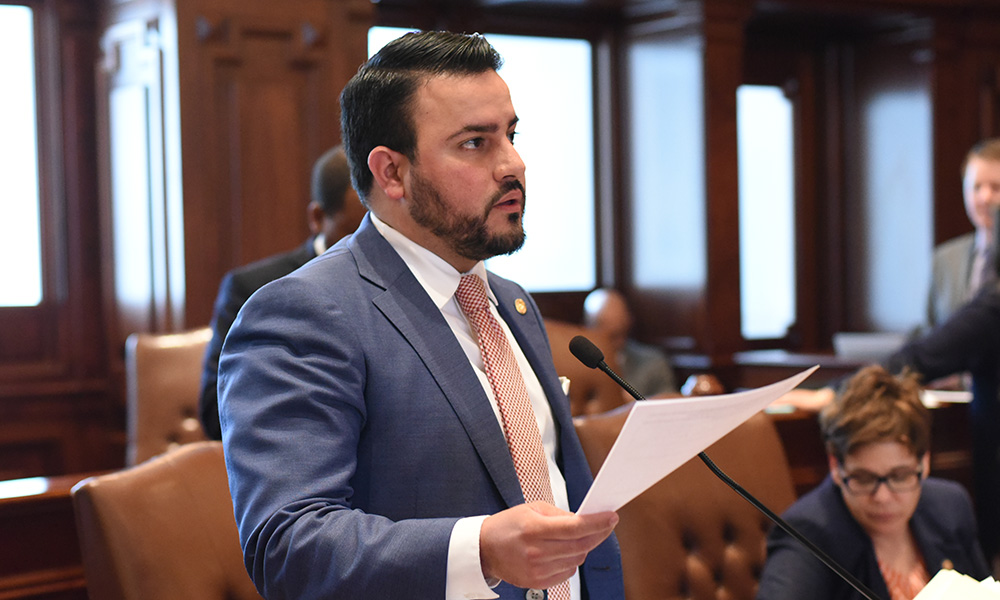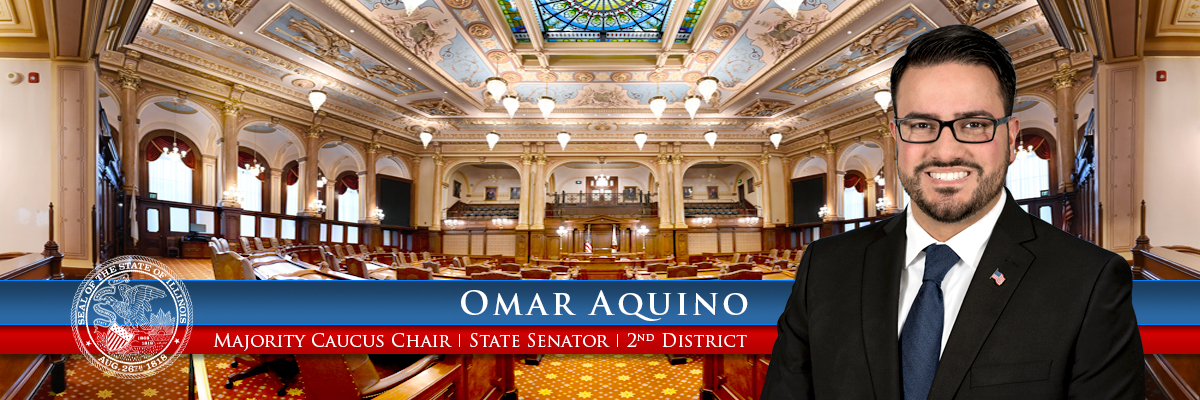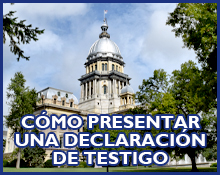
SPRINGFIELD – Governor Rauner vetoed legislation today that would end Illinois’ participation in the controversial Interstate Voter Registration Crosscheck Program, which is used to detect voters who are registered in more than one state. Critics say the system is a cybersecurity liability and has been used as a tool to blatantly oust valid names from voter rolls in other states.
The legislation, Senate Bill 2273, would have required Illinois to use the Electronic Registration Information Center (ERIC) instead of Crosscheck. ERIC uses tougher security protocols and more information to guarantee that personal information is correct and safer from hacking.
State Senator Omar Aquino issued the following statement in response to the Governor’s veto:
“By issuing this veto, Governor Rauner has effectively traded the personal information of Illinois voters for political advantage. The Crosscheck system is a cybersecurity liability, which puts millions of Illinois voters’ personal information at risk of being stolen.
“Crosscheck also has been used to illegally eject valid voters from voting rolls for simply sharing a name with an out-of-state voter. This hurts minority communities most, as we are more likely to share last names. In another state, the Crosscheck system flagged one out of every six Latino voters and over 99 percent of flagged names turned out to be perfectly legal registered voters. This veto is an assault on minority voting rights.”
The Crosscheck system generates matches by comparing first and last names of voters in each state, ignoring middle names and designations like Jr. or Sr. This practice disproportionately affects communities of color who are more likely to have name commonalities, making them easy targets for voter suppression.
In the state of Iowa, out of 240,000 “matches” Crosscheck flagged, only six turned out to be cases of potential voter fraud, according to a statistical analysis by researchers at Stanford, Harvard, Yale, the University of Pennsylvania, and Microsoft. An investigation by Rolling Stone magazine also concluded that these false positives disproportionately affect people of color, finding that Crosscheck flagged one in six Latinos, one in seven Asian Americans, and one in nine African Americans as potential double registrants.






